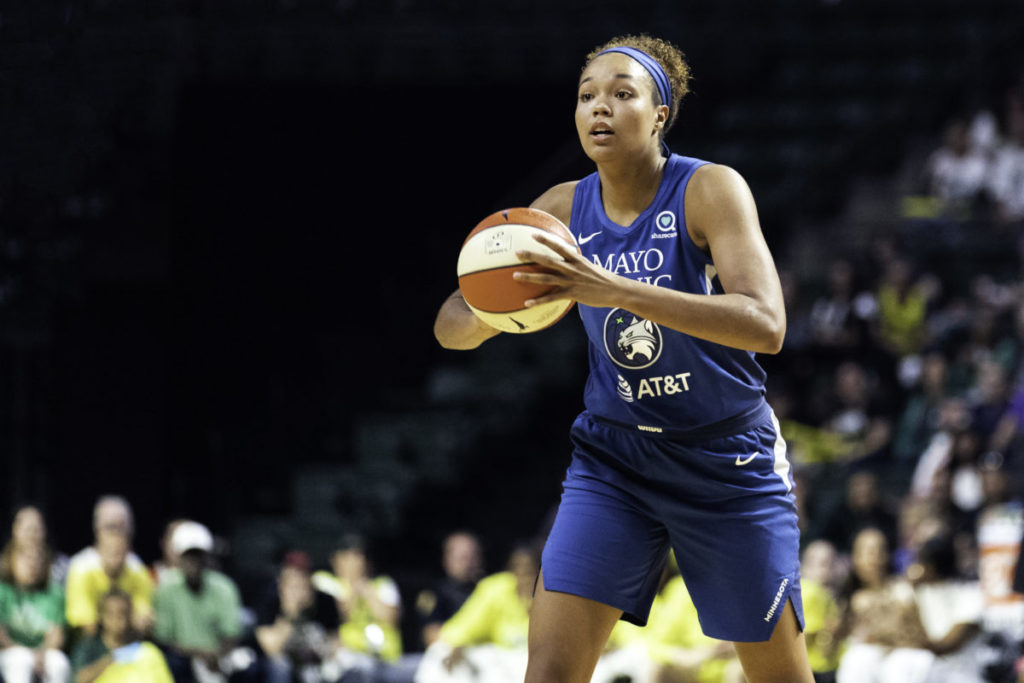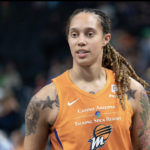
“What if the best players in the world created their own league…”
This is the first tweet posted by Unrivaled, a new professional women’s basketball league founded by WNBA stars Napheesa Collier and Breanna Stewart. The players – Collier of the Minnesota Lynx and Stewart of the New York Liberty – founded the league to give WNBA players an option to compete domestically in the offseason.
“We remain committed to the WNBA, however there’s a problem that exists …” Collier tweeted.
It’s no secret that professional women basketball players earn less than men. WNBA players earned a minimum of $62,285 this year, according to data from Spotrac, while NBA players are estimated to earn a minimum of $1.4 million per season.
To compensate, many WNBA players join overseas leagues in the offseason. In other countries such as Russia, Turkey, Australia and Spain, players can earn up to 10 times the wages they earn in the states – a tough opportunity to turn down, even in locations marked by political tensions and safety issues. Phoenix Mercury star Brittney Griner was playing in a Russian league during the offseason when she was arrested and detained for 10 months, a story that dominated headlines for the majority of last year.
When athletes opt to play overseas, it often means they sacrifice time spent with their families – and Collier and Stewart, both mothers, say they are tired with “players having to choose whether to play overseas to maximize earnings in the winter or stay home with family.” They argue that women shouldn’t have to spend five to six months away from their families just to make ends meet.
“We’ve decided to create our own solution,” Collier tweeted.
The new league would feature six teams and 30 players who would play three-on-three games on a shorter court. The games would run from January through March, and would all take place in Miami – however, Collier said there are plans in the works to host events in other cities. Plus, all players would “receive equity ownership within the league and earn salaries that are competitive to the WNBA.”
Basketball is not the first women’s sport to see a new league. A new professional women’s hockey league offering more resources for players is set to kick off in January 2024; a new professional women’s soccer league is expected to launch in August 2024 in an effort to close the “opportunity gap” between men’s and women’s soccer.
The fact that Unrivaled was founded by two players illuminates a rising movement of women athletes taking matters into their own hands when efforts to advocate for themselves fail.
This week, Jamaican women’s soccer team Reggae Girlz made headlines after players publicly urged the Jamaican Football Federation to provide the team with more support as they prepare to compete in the World Cup. In 2019, the team went on strike after the organization withheld the players’ pay for nine months.
“On multiple occasions, we have sat down with the federation to respectfully express concerns … ” players wrote in an Instagram post. “We have also shown up repeatedly without receiving contractually agreed upon compensation.”
Instead of waiting for more support, the mother of one player went ahead and started a GoFundMe page to make sure the team would be provided for while competing in Australia and New Zealand. The donations ($48,000 has been raised so far), the page says, will go toward adequate hotels and compensation – basic necessities that hardly compare to perks the United States team enjoys, such as massage therapists and team chefs.
“We were told that all our requests and concerns would be resolved in a timely manner,” the players wrote.
Whether they are seeking fair wages, better resources or time with their families, women athletes around the world are making one thing very clear: they’re tired of waiting. By raising their own money and starting their own leagues, these women are reclaiming their autonomy as athletes.
“[Breanna Stewart] and I both have daughters,” Collier tweeted. “It’s our responsibility to show them and every young girl that looks up to us that sometimes you don’t have to wait your turn.”



